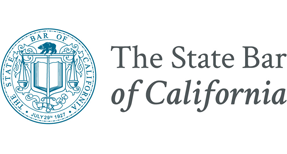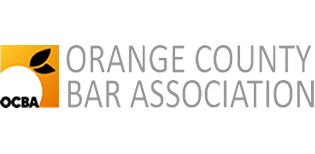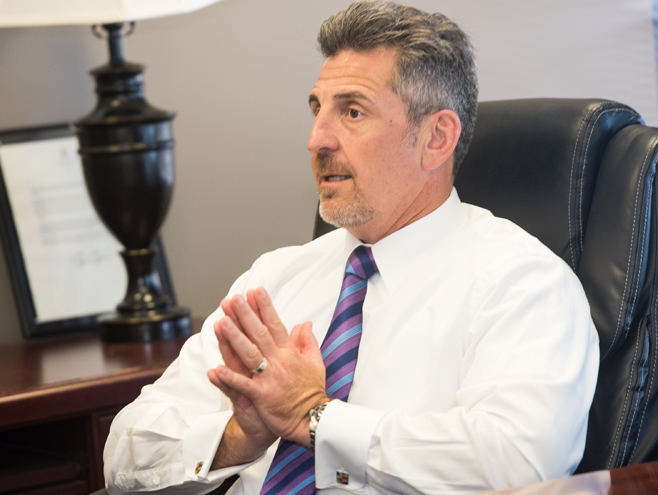If you are charged with a crime in California, your criminal defense lawyer should make every effort to protect your rights and strategically pursue an outcome that is in your favor. Successful outcomes can come in a variety of forms.
The most ideal outcome is a case dismissal. If a case is dismissed, you will not be prosecuted further for the crime alleged and you will avoid a criminal conviction on your record.
If a plea deal cannot be reached between your criminal defense attorney and the prosecution, your case will go to trial. If your case goes to trial, your lawyer will seek a verdict of “not guilty” which results in an acquittal.
These two terms are often used interchangeably but do they have the same meaning?
Is there a difference between an “acquittal” and “not guilty”?
If a defendant is found not guilty, he or she is not legally answerable for the criminal charge filed against him/her. An acquittal comes about when the trier of fact, a judge or jury, finds a defendant “not guilty” of the crime charged.
At a trial, if you are found “not guilty” by a judge or jury, you are acquitted by the court. To find a defendant not guilty is generally taken to mean “to acquit” although there is a subtle difference between the two, as explained.
Under criminal procedural law, the prosecution needs to prove that the accused is guilty beyond a reasonable doubt for each element of each charge presented. If there is only one charge and the defendant is found “not guilty” it means that the prosecution has failed to prove guilt beyond a reasonable doubt for the charge or, to put it another way, they did not meet the burden of proof. The defendant will then be found by a verdict of “not guilty” and then acquitted of charge and the case dismissed.
An acquittal does not mean that the defendant is innocent of the crime—only that the prosecutor failed to prove that the defendant was guilty beyond a reasonable doubt. Accordingly, the charge may remain on the defendant’s criminal record even without a conviction.
In some cases, multiple charges are filed against a defendant and a judge or jury may find the defendant not guilty of some charges but guilty of others. In that scenario, the defendant is partially acquitted of those charges that he/she is found not guilty but cannot walk away free because the defendant must answer for those charges that he/she is found guilty of.
Is acquittal the same as charge dismissal?
If a defendant is acquitted, it means that the case went to trial but the prosecutor was not able to prove beyond a reasonable doubt that he or she committed the crime.
A case dismissal is brought about if a case does not proceed to a jury trial. This can be due to a variety of reasons but normally because the judge does not believe that the case has the requisite credibility or the prosecutor does not have the necessary evidence to meet the burden of proof at the preliminary hearing.
Another reason for case dismissal is if a judge believes that there are insufficient resources to try the case.
Judges are reluctant to waste court time and resources so unless there is a reasonable chance of securing a conviction, the case may be dismissed. That means no trial and the defendant can walk free.
Criminal defense lawyers can also petition a judge to dismiss a case on the following legal grounds:
- The defendant was arrested without probable cause
- Errors were made in the criminal complaint or charging documents
- Unlawful search and seizure performed
- Insufficient evidence to support the charges
It is worth noting here that if the charges are dismissed, “jeopardy” has not been attached to the case. This means that the defendant, in a felony case, can be charged again with the same crime under certain conditions. In the case of an acquittal, “double jeopardy” applies and the defendant cannot be prosecuted again for the same crime because he or she is understood to already have been tried for the same charge on a prior occasion in the same jurisdiction.
It is also important to make the distinction between case dismissal and dropped charges. While case dismissal is ordered by a judge, only the prosecution may drop the charges against a defendant—this is usually due to a lack of supporting evidence.
Whether a case is dismissed or dropped, the outcome is the same—the case does not proceed to trial and the defendant does not have to answer to the charges.
Often, if charges cannot be dropped or a case dismissed, the prosecutor can be persuaded by a criminal defense lawyer to reduce the charges to a lesser offense. This is often the outcome of a successful plea deal and it may require the defendant to plead guilty to the lesser charge which turns out to be beneficial to both the prosecution and the defense.
Criminal cases vs civil cases
It is possible for a defendant to be acquitted in a criminal trial but face civil charges and be held liable for damages.
This is mainly because the burden of proof is lower in civil cases. In criminal cases, the prosecutor must prove beyond a reasonable doubt that the defendant is guilty while civil cases work on the balance of probability, i.e., the defendant is more likely than not to have committed the act.
If you have been charged with a crime in California, start examining your legal options during a consultation with one of our experienced criminal defense lawyers. Call The Law Offices of Bryan R. Kazarian at 855-918-4253 to set up your free no-obligation consultation.








